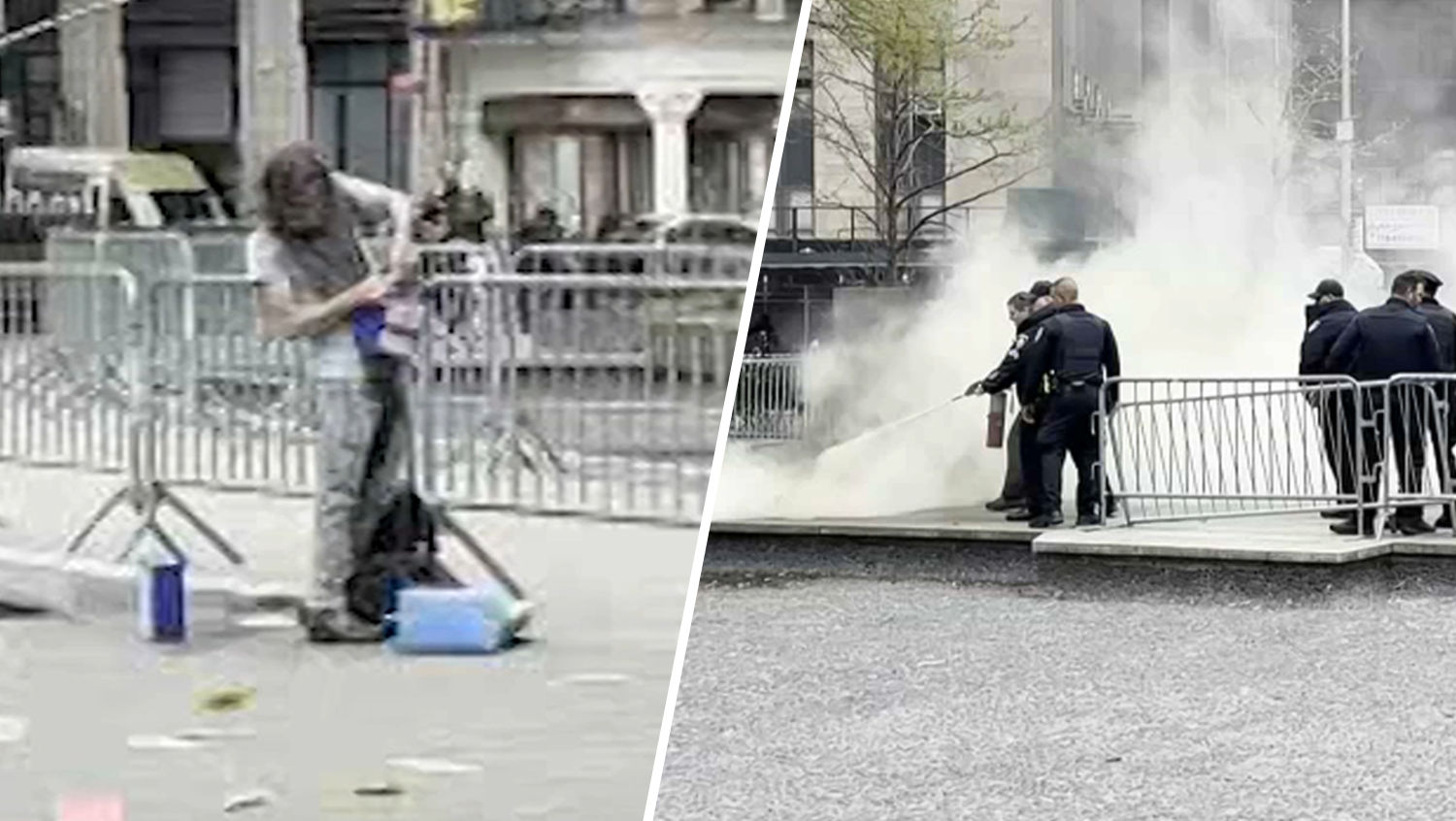There is good news and bad news when it comes to real estate and COVID-19.
The bad news is landlords all over the city and beyond are hurting due to an economy ravaged by the virus. Add on top of that a decreased necessity to be in the city (with working from home becoming the new norm for many) fueling a flight to the suburbs, landlords are dealing with more vacancies than they ever anticipated.
And it's not just market-rate apartments that are being impacted, as even those with rent-regulated units are heading for the 'burbs. A recent survey by the members of the Community Housing Improvement Program (CHIP), which represents owners and operators of more than 400,000 units of rent-stabilized housing, found vacancy rates for those coveted rent-stabilized apartments have gone up two percent since February, up to an estimated 4.66 percent for July 1.
While that might not sound like a lot, consider this: It is estimated that there are 950,000 rent-stabilized homes in NYC, and a two percent increase in vacancy would mean there are roughly 20,000 more units available than before.
"New York’s housing market teeters on the edge of an abyss. Lawmakers continue to use renters and small building owners as their piggy bank through exorbitant and unfair taxes. It’s clear renters are fed up, and owners are unable to continue to shoulder the tax burden for the entire city,” said CHIP Executive Director Jay Martin. “We cannot continue this delusion that people will throw themselves into bankruptcy just for the privilege to live in the Big Apple."
The survey also revealed that more than one percent of all residential tenants have broken leases since the pandemic began. If that number is consistent for the entire rental market, that would be more than 28,000 New Yorkers who have bailed on their leases.
CHIP said the number is likely much higher, as the study oversamples owners of rent-stabilized units, and the entire housing market includes more people who have the finances necessary to break a lease and go to the suburbs.
News
Now - for tenants who are having trouble paying, the state and city have both enacted measures to make sure people don't end up on the streets either. A statewide eviction moratorium is in effect through Aug. 20, and the city housing department is working with developers to make more units available to unhoused New Yorkers.
But now comes the good news: Landlords' losses may benefit shoppers.
The real estate listing site Streeteasy reported that 24 percent of rentals in NYC received a discount in May, averaging a nearly eight percent drop in rent. The CEO of realty firm Brown Harris Stevens confirmed that there are deals to be had.
"Landlords are offering the first month, or the two months free. They're being very flexible," said Bess Freedman.
And - if there's concerns about exposure while looking at places, the same technologies that make your Zoom happy hours possible are making finding a place doable in this new world.
“The real estate industry shifted to virtual tours very quickly as the city went into lockdown with video and 3D photo technology, said Molly Townsend of real estate agency Triplemint. “It has enabled buyers and renters to purchase and lease property sights unseen in higher numbers then we’ve ever seen.”
While not all neighborhoods in the city are experiencing rent drops, there may be some buildings or units where deals may be easier to find.
"If you're in a rental building and there's tons of the same two bedroom (units) still available, the landlord recognizes that they're going to have to be flexible and they're going to have to cut the rent, offer some freebies to those potential tenants so they find it attractive," Freedman said.
As for those whose lease is up soon, it may be time to start a conversation with the landlord to see if new arrangements can be made.
"There's a lot of uncertainty going on. And so you pick up the phone and you say, 'Look, I'm considering my options. There's a lot to choose from. I'd love to stay here because I love where I am, would you be more flexible,'" said Freedman.
She added that there's no way to know how long the discounts are going to last — six months, a year, until whenever a vaccine comes out — so now is a good time to act.



